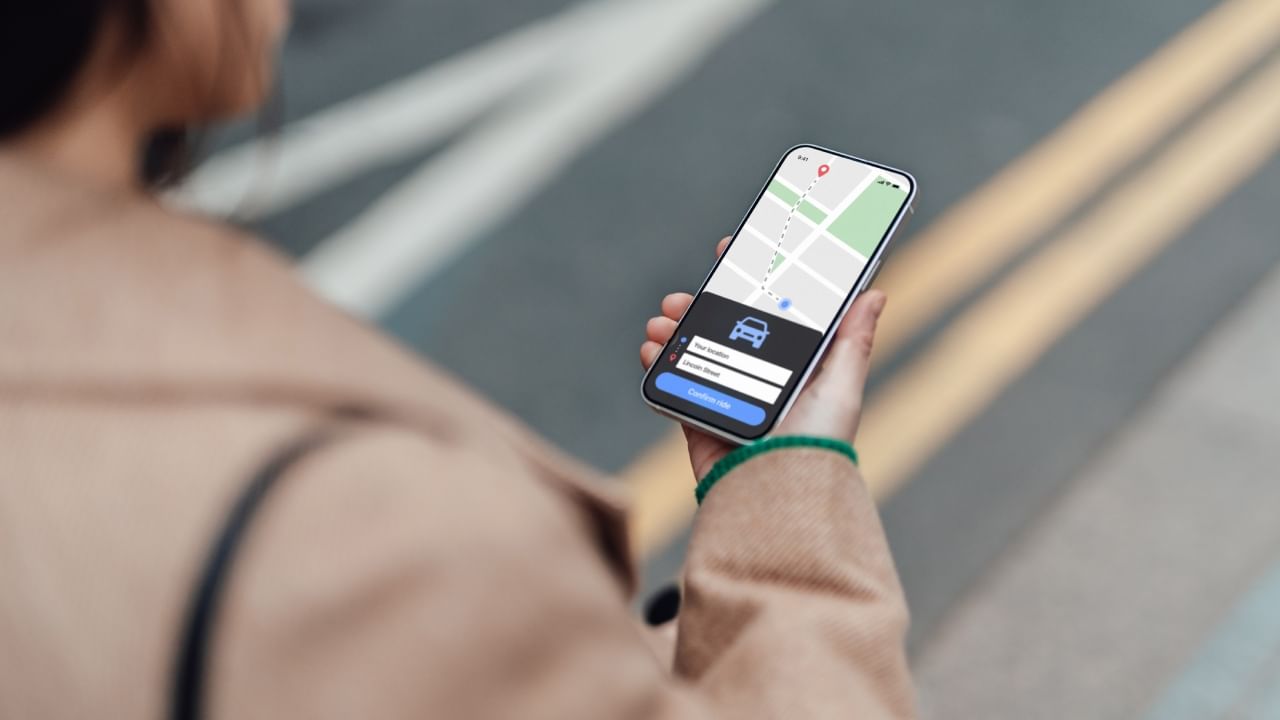New Delhi: A new report from FICCI has revealed that over 45% of women feel nervous when they travel alone for work, especially late at night or when visiting new cities. This shows a serious need for companies in India to focus more on women’s safety during official travel.
Today, many women travel for work. They go to meetings, inspect factories, attend conferences, and take part in important company events. Since business travel is no longer just something men do, companies must change how they plan trips. Safety for women should not be optional — it should be part of the plan. Here are five simple things companies can do to make business travel safer for their female staff.
Use safe, trusted transport services
Travelling between places is often the most unsafe part of the journey. That’s why it’s important to work with cab services that understand and support solo women travellers. Companies should only choose drivers who have been verified, use apps that track rides in real time, and provide a female support team to check in with the traveller, especially during late-night rides.
Background checks on drivers must be done, and companies should have emergency help steps in place. Instead of depending only on public ride apps, businesses should tie up with travel services that can offer consistent and secure transport.
Book hotels that focus on women’s safety
A hotel’s safety isn’t just about how fancy it is. Companies should make a list of hotels that are known to be safe for women. These places should have good security, trained staff, working CCTV cameras, and should avoid giving solo women rooms on the ground floor or in corners. To reduce risk, hotels should be booked early and should be close to the meeting location. Last-minute bookings and long travel from hotel to office should be avoided when possible.
Provide live tracking, emergency help
Apps like Google Trusted Contacts are useful, but companies can do more. They should use travel tools that show live updates for airport pickups, intercity rides, and hotel check-ins. This helps managers or travel teams know where their employees are at all times. It’s not just about knowing the location — there must also be someone ready to step in and help when needed. Having this kind of system reduces stress for the traveller and improves response time during emergencies.
Set clear rules for late-night, on-field travel
Companies should make strong rules for travel after working hours and field visits. This can include sending alerts when someone checks in or out of a location, assigning a second car after 10 PM, or having someone accompany the traveller if needed. For larger events or business travel to other cities, companies should always assign trusted drivers and make sure women are never left waiting alone. Planning ahead helps avoid risky situations.
Build a workplace culture that puts women’s safety first
Companies need to understand that women should not have to choose between doing well at work and feeling safe. Transport staff and drivers should be trained to treat female travellers with respect and care. Companies should also ask women employees for feedback about their travel experience and let them define what feels safe for them. Safety should be a part of the entire trip — from booking to return — not just a checklist item. When women feel secure, they are more confident and productive in their roles.
Leading the way: SKIL, other safe travel services
As more women take on jobs that require regular travel, companies must look beyond just booking flights or reimbursing expenses. They need smart systems that use technology, thoughtful planning, and clear rules to make every trip safer.
Some companies are already taking action. Services like SKIL Travel and SKIL Cabs, WTicabs, and Yashika Travels are helping offices provide safe and reliable transport, especially for women who work late shifts or travel often. These services play a big role in making sure female employees are supported and protected during work-related travel.
